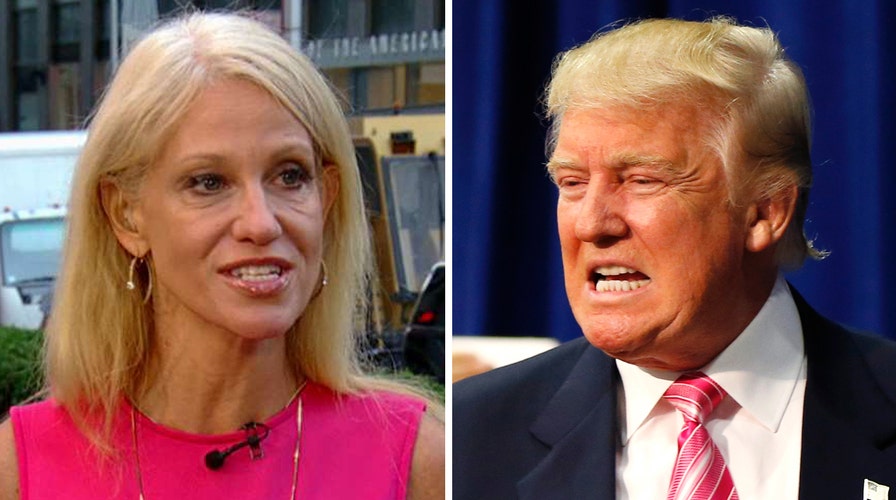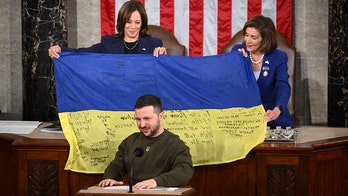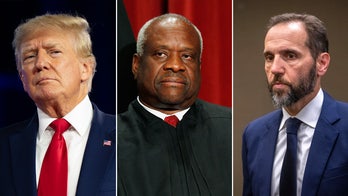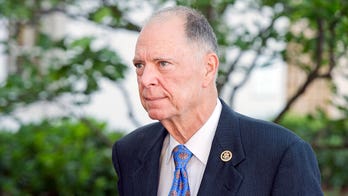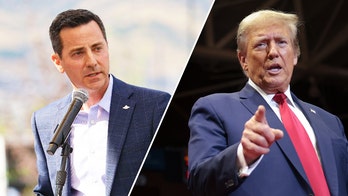Kellyanne Conway discusses Donald Trump's immigration plan
Trump campaign manager on the latest developments in the race for the White House
Trump campaign manager Kellyanne Conway said Sunday that the Republican presidential nominee now plans to go directly into African-American communities to deliver his full-forced appeal to black voters, while also trying to explain Trump’s changing policies on illegal immigration.
“These events are already being planned,” the newly-promoted Conway told “Fox News Sunday.” “We’re fighting for every single vote. He’s going to take [his message] to where people vote.”
To be sure, Trump over roughly the past two weeks has increased his efforts to appeal to black voters, arguing that the policies of Democratic rival Hillary Clinton and those of other Democratic lawmakers have failed residents in many U.S. cities, particularly African-Americans.
“Hillary Clinton-backed policies are responsible for the problems in the inner cities today, and a vote for her is a vote for another generation of poverty, high crime, and lost opportunities,” Trump said at an Aug. 17 rally in Wisconsin. Democratic lawmakers “have ruined the schools. They’ve driven out the jobs. They’ve tolerated a level of crime no American should consider acceptable. … I am asking for your vote so I can be your champion in the White House.”
However, critics argued that Trump made the speech 40 miles away from Milwaukee and that other, similar speeches have been held in such places as Austin, Texas, and Des Moines, Iowa -- not areas that Trump has highlighted, like Chicago’s South Side or west Baltimore.
“I’m very excited,” Conway said Sunday. “I’m new to the post. I will take his case to everyone.”
Conway also attempted to clarify Trump’s immigration policy, which at the start of his campaign included plans to build a wall, paid for by Mexico, along the entire southern U.S. border to keep out illegal immigrants and have a deportation "force” to remove the estimated 11 people now living in the country illegally.
Conway said Trump wants to find “the fair and humane way necessary to enforce the law” and that he’s no longer talking about a deportation force.
She also said the argument about Trump softening his illegal immigration stances should be considered “more about approach than policy” but also tried to make clear that he does not support amnesty or the legalization of illegal immigrants.
“Everything has to be looked at,” Conway said.
She also sought to further define Trump’s stances by comparing them to Clinton’s, which she said includes amnesty, law enforcement’s “catch-and-release” of illegal immigrants and plans to further President Obama’s use of executive powers to change federal immigration law.
